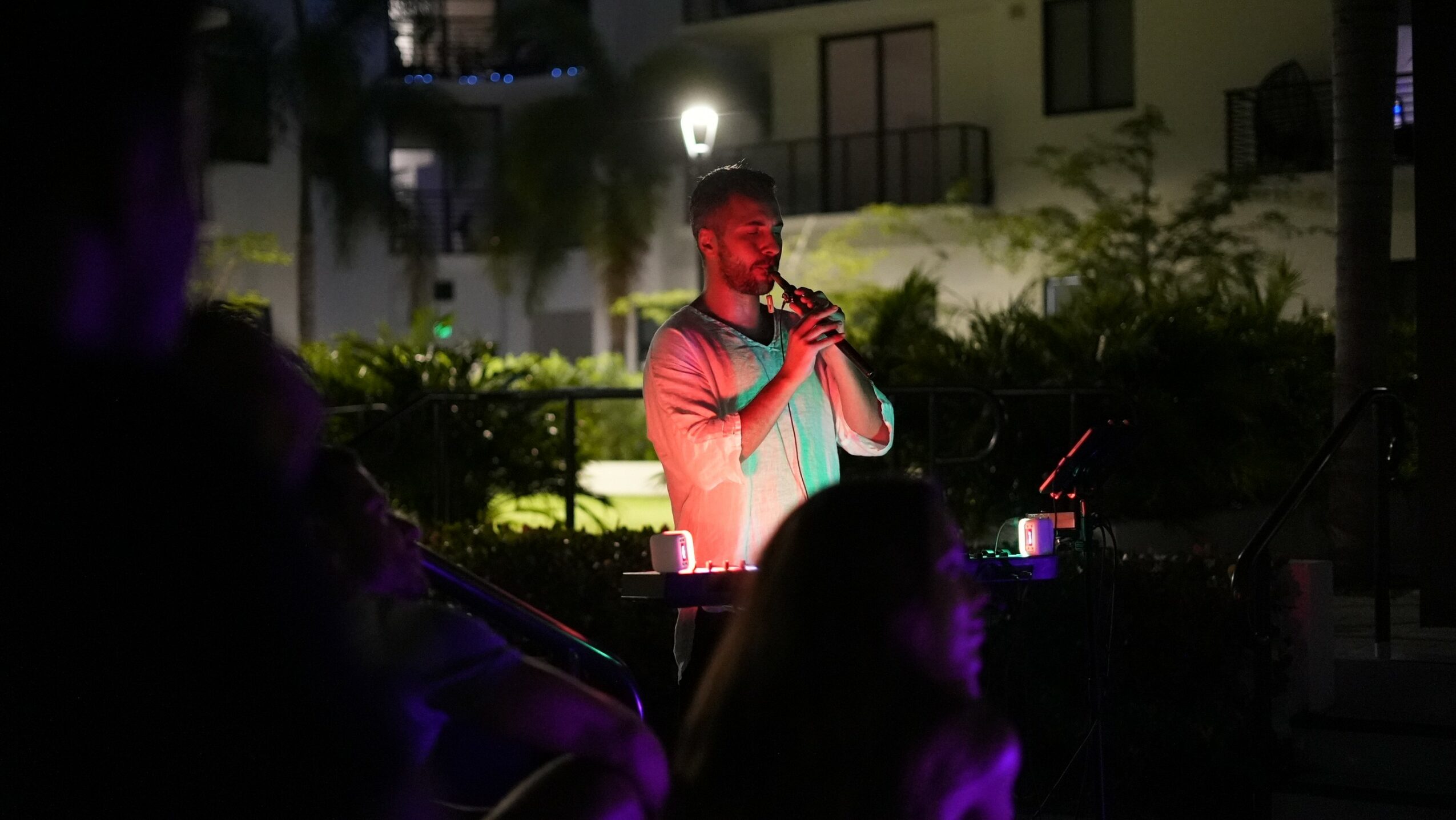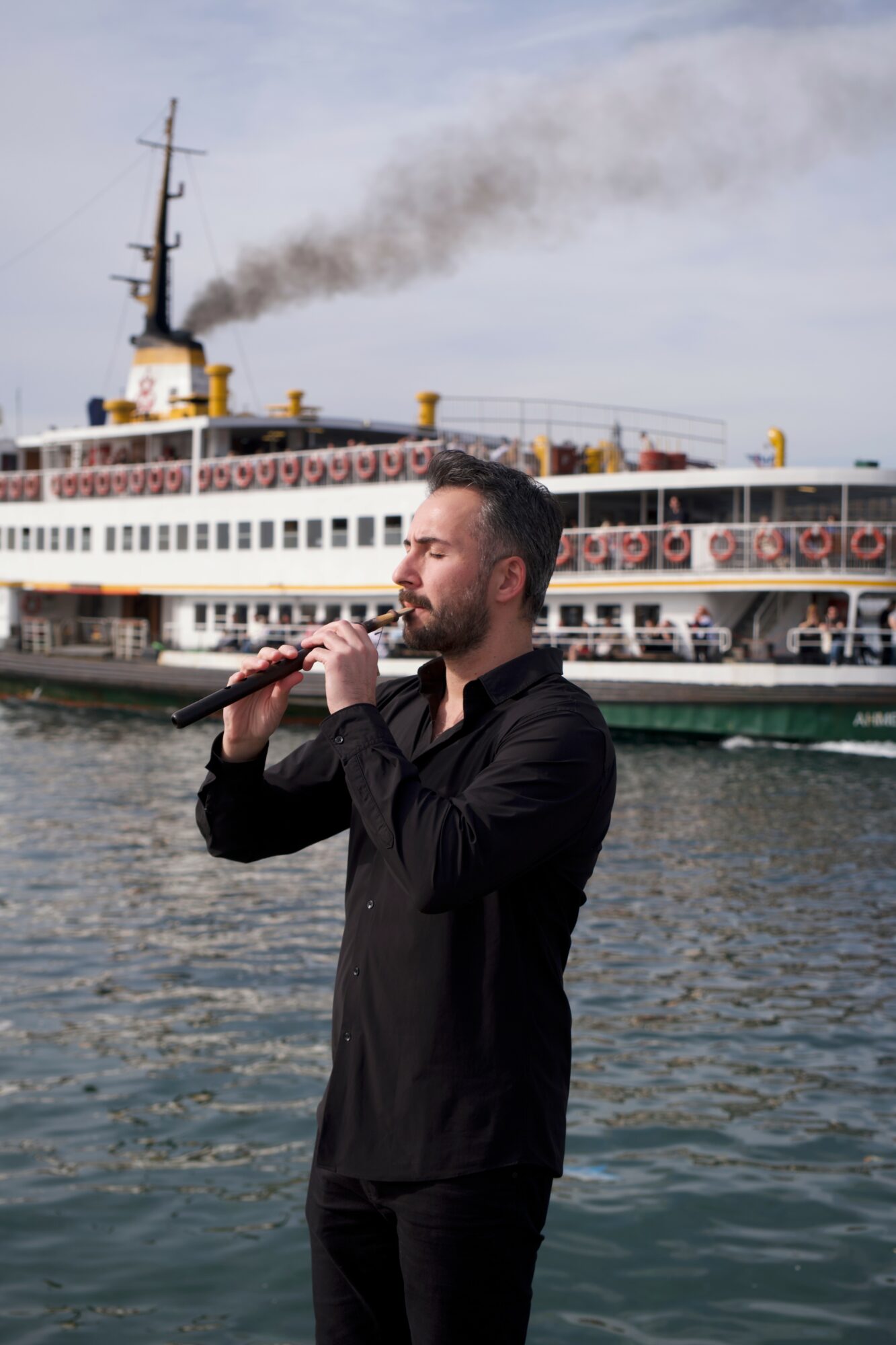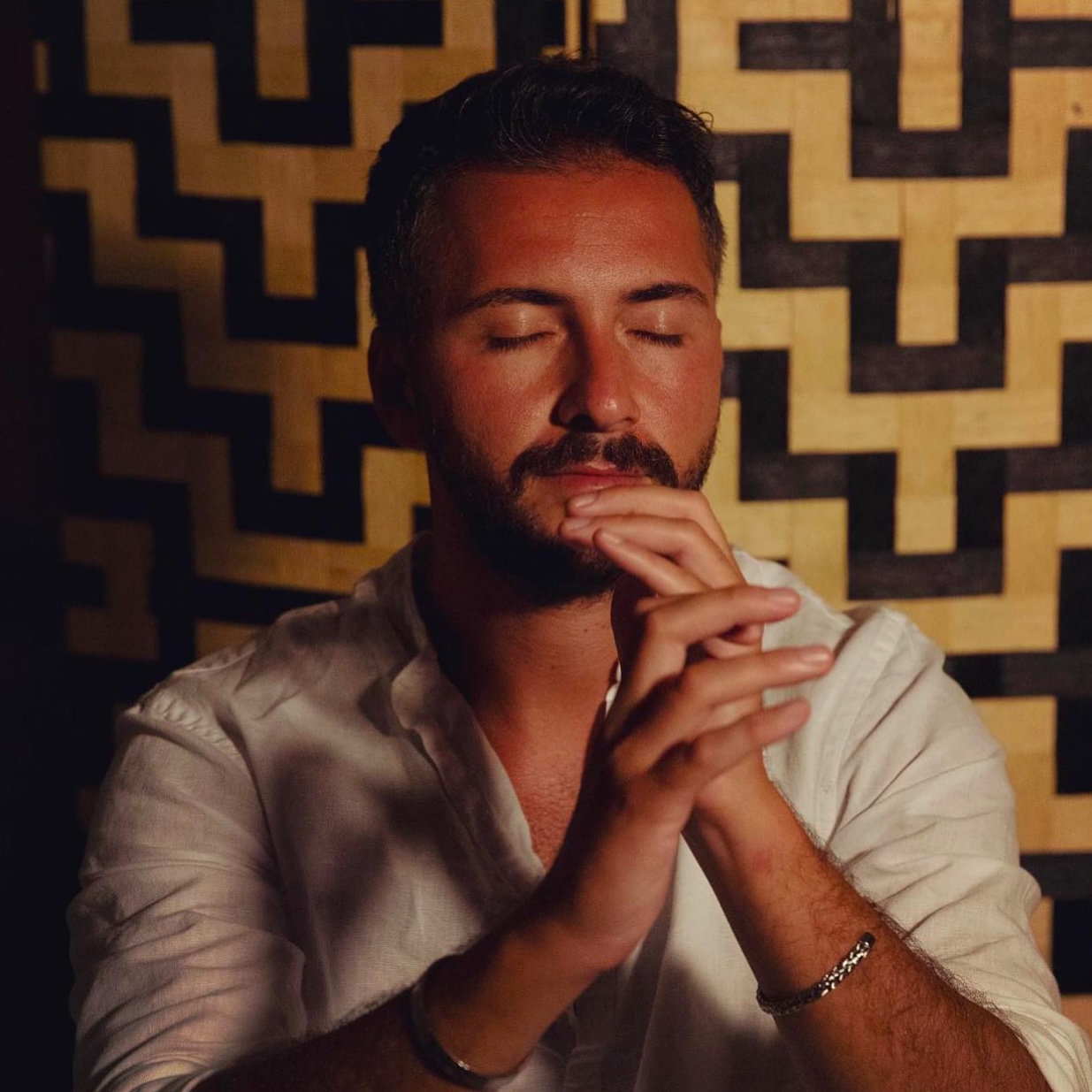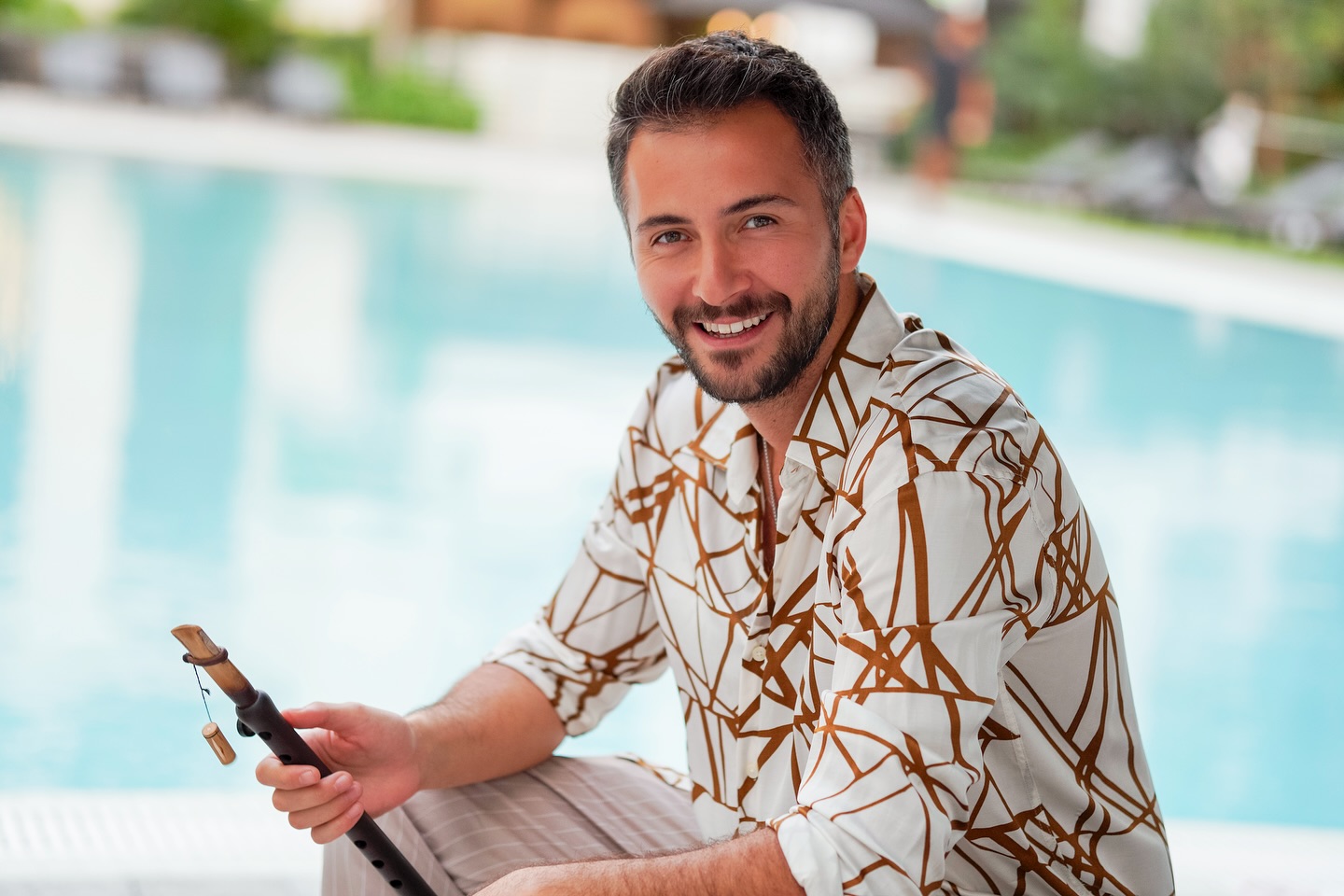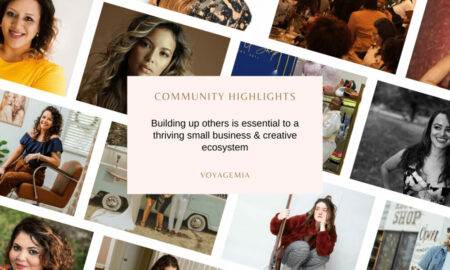

Alp Akmaz shared their story and experiences with us recently and you can find our conversation below.
Alp, really appreciate you sharing your stories and insights with us. The world would have so much more understanding and empathy if we all were a bit more open about our stories and how they have helped shaped our journey and worldview. Let’s jump in with a fun one: Would YOU hire you? Why or why not?
I would hire me;
Analytical Thinking: I can quickly process large amounts of data and break down complex problems into manageable parts. This helps in identifying patterns or insights that lead to efficient solutions.
Adaptability: I can tailor my approach to different types of problems and find creative solutions based on the specific needs of the situation. Whether it’s a technical challenge, a strategic dilemma, or a new project, I can quickly adjust.
Persistence and Resourcefulness: When faced with a difficult problem, I don’t give up easily. I explore various solutions, learning from each attempt, and refining my approach until I find the best outcome.
Collaborative: I always look for the most effective way to integrate with others and use their strengths to create an optimal solution. Whether it’s collaborating with a team or leveraging external resources, I value input from different perspectives.
Can you briefly introduce yourself and share what makes you or your brand unique?
Hello! My name is Alp Akmaz, and I am a passionate player of the Balaban, a traditional wind instrument that holds deep roots in the music of the Caucasus region. The Balaban is known for its rich, soulful sound that has captivated audiences for centuries. I specialize in bringing this ancient instrument to life, using it to weave together melodies that echo cultural stories and emotions.
What makes the Balaban special to me is its unique ability to express a wide range of feelings—from melancholy and introspection to joy and celebration. It’s a deeply expressive instrument, and the technique required to play it makes it both challenging and rewarding. Through my music, I strive to preserve the traditions of this remarkable instrument while blending it with modern influences to create a sound that resonates with both traditional and contemporary audiences.
Currently, I’m focused on exploring new compositions, collaborating with other musicians, and sharing the beautiful, often overlooked sound of the Balaban with a wider audience. Whether through performances, recordings, or educational outreach, my goal is to highlight the beauty of this instrument and its place in the world of music.
If you’re looking for something unique that connects the past and the present, the sound of the Balaban will take you on an unforgettable journey.
Great, so let’s dive into your journey a bit more. What was your earliest memory of feeling powerful?
My earliest memory of feeling powerful comes from when I first picked up the Balaban and was able to create a sound that truly resonated with me. I remember the moment when I was able to control the reed, produce a note, and feel it vibrate through me—it was as if I had unlocked a hidden connection to the music that had been passed down through generations. The realization that I could make something so deeply emotional and expressive with just my breath and fingers was empowering.
It was more than just playing an instrument; it was about channeling something ancient and connecting with an energy that was bigger than myself. That moment showed me the power of music and how it can transcend time, place, and even language—there’s something uniquely powerful about being part of that tradition.
When did you stop hiding your pain and start using it as power?
I remember the moment when I stopped hiding my pain and started using it as power, and it came through music. There was a period when I was playing the Balaban just to follow technique, but as time passed, I realized that the emotions I felt—whether sorrow, frustration, or even joy—could be woven into the music. Instead of suppressing those feelings, I began to embrace them, channeling them into every note I played.
The turning point came when I understood that my pain wasn’t something to hide or run from; it was something that could deepen my expression and add layers to my music. When I let go of trying to mask it and allowed the pain to influence the way I played, I discovered a new level of power—not just in the music, but in myself. I stopped seeing my pain as a weakness and began viewing it as a source of strength, something that gave my sound authenticity and depth.
Now, every time I play, my emotions—good or bad—become part of the story I’m telling. The Balaban, in a way, becomes my voice, and in using that pain, I find my power.
I think our readers would appreciate hearing more about your values and what you think matters in life and career, etc. So our next question is along those lines. What are the biggest lies your industry tells itself?
“Talent is the most important thing in music.”
While talent is certainly important, it’s often not the deciding factor in success. Hard work, persistence, networking, and timing play just as significant a role. Many successful musicians may not have been the most naturally gifted, but they worked hard, took risks, and found opportunities that elevated them.
“The music industry is just about creating great music.”
The reality is that the music business is also about marketing, business acumen, and building relationships. It’s not just about writing and performing great music; it’s about how you present it, how you connect with your audience, and how you navigate the business side of things (like contracts, branding, and promotion).
“If you’re not famous, you’re not successful.”
Success in music doesn’t always equate to fame or mainstream recognition. Many incredibly talented musicians and composers are successful in their own right but are not household names. They may be respected in niche genres, have loyal followings, or achieve success in areas like film scoring, composing, or teaching.
“Music is all about originality.”
While originality is certainly valuable, every artist builds on influences and inspiration from others. The idea that you must always be 100% original can be paralyzing. Often, it’s about how you take existing ideas and give them a personal twist or how you create something new within established frameworks.
“The music industry is a meritocracy.”
The idea that the best music always rises to the top is, unfortunately, not always true. Factors like luck, timing, industry connections, and even image can play as much of a role in success as musical ability. While talent is important, the industry is often shaped by marketing trends, media hype, and visibility rather than purely artistic merit.
“Technology is ruining music.”
While it’s true that digital tools and platforms have dramatically changed how music is created and consumed, technology has also made music more accessible than ever before. Independent artists can create, record, and distribute their music globally with ease. While some traditional models may be under pressure, technology is also empowering new forms of creativity and audience engagement.
“You need to have a major record label to make it big.”
The days when major labels were the only route to success in music are over. The rise of streaming platforms, independent distribution channels, and social media has leveled the playing field. Many artists are finding success on their own terms without needing a label behind them, often with more creative freedom and a better share of revenue.
Okay, so let’s keep going with one more question that means a lot to us: What will you regret not doing?
As a Balaban player, I would say one of my biggest regrets might be not fully exploring the deep cultural and emotional connections that this instrument offers. The Balaban is such a rich, soulful instrument with centuries of tradition behind it. If I didn’t take the time to study its history, the nuances of its sound, and truly connect with the stories it tells, I might regret not fully immersing myself in what makes the instrument so unique.
Another regret would be not pushing the boundaries of the Balaban more creatively. There’s a lot of potential to fuse it with other genres, collaborate with musicians from different backgrounds, or even experiment with modern techniques. If I don’t challenge myself to evolve and innovate with the instrument, I might feel like I’ve missed out on exploring its full potential.
Lastly, not sharing the beauty of the Balaban with a wider audience could also be a source of regret. The instrument’s voice is so special, and I’d hate to not have taken every opportunity to bring it to new listeners and keep the tradition alive for future generations.
Contact Info:
- Instagram: https://www.instagram.com/alpakmaz/
- Twitter: https://x.com/alpakmaz
- Facebook: https://www.facebook.com/alpakmazmusic
- Youtube: https://www.youtube.com/channel/UCjOUtoPHZrwBQDYKBj4gFSQ
